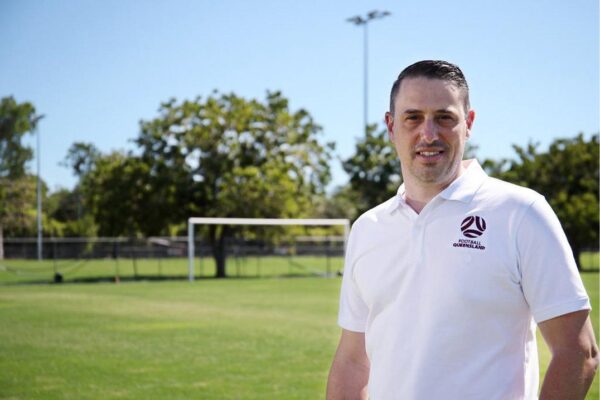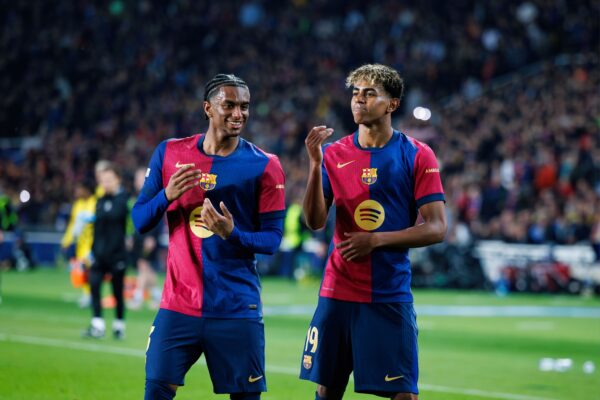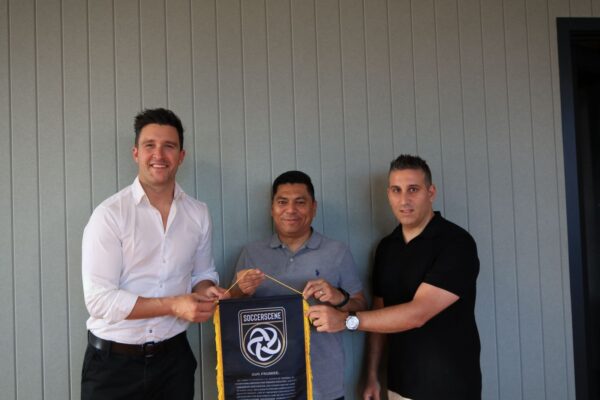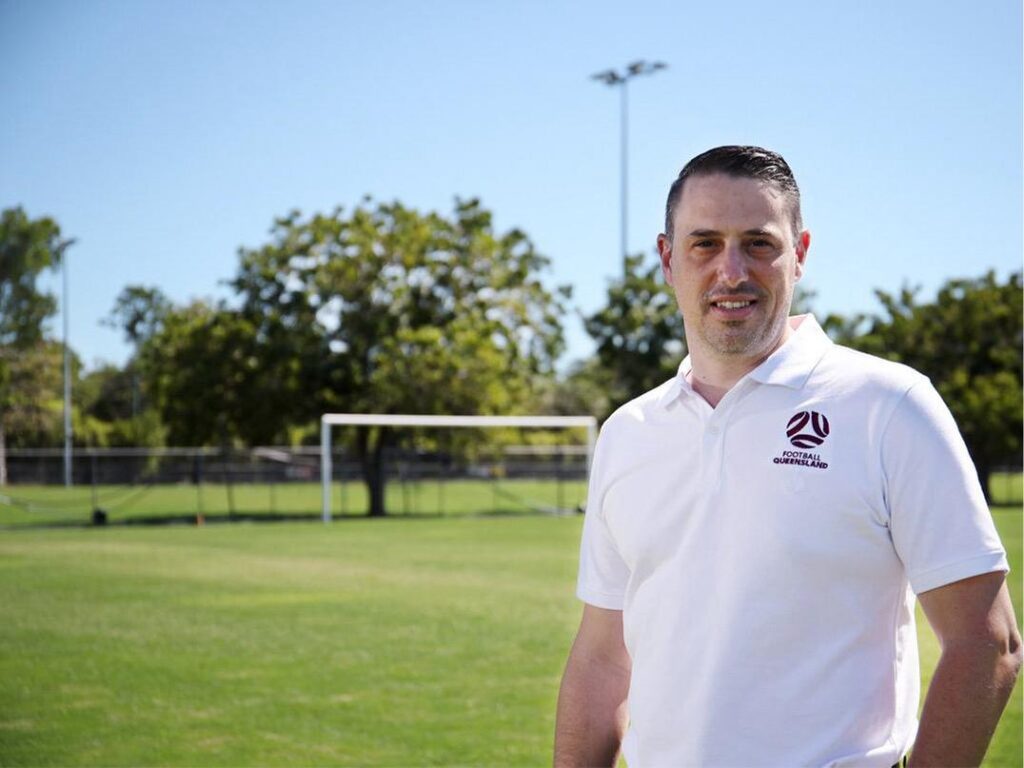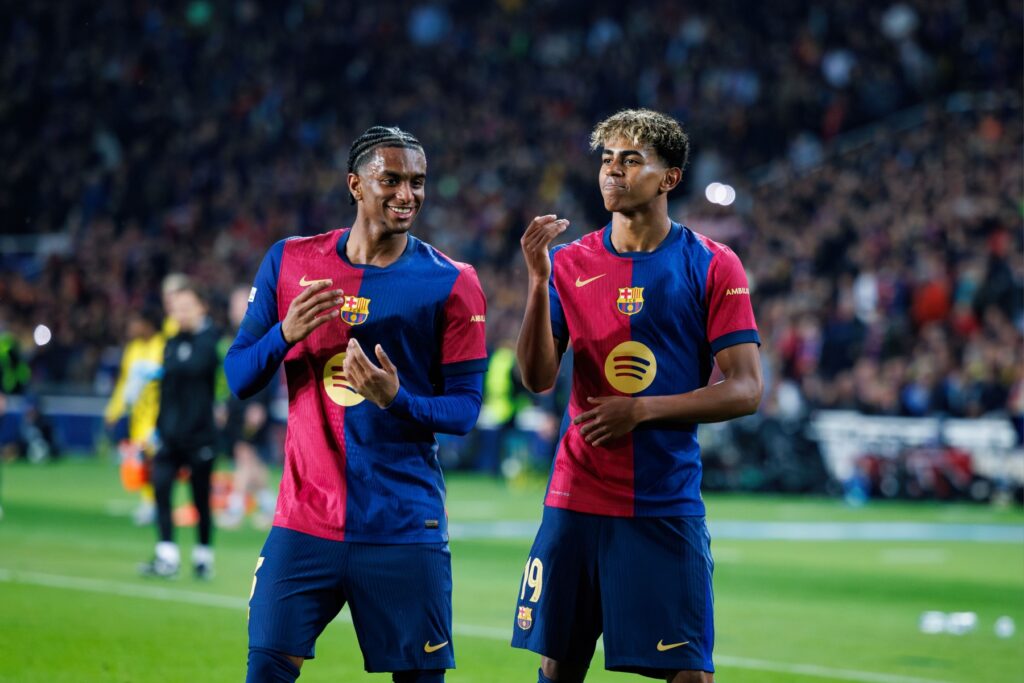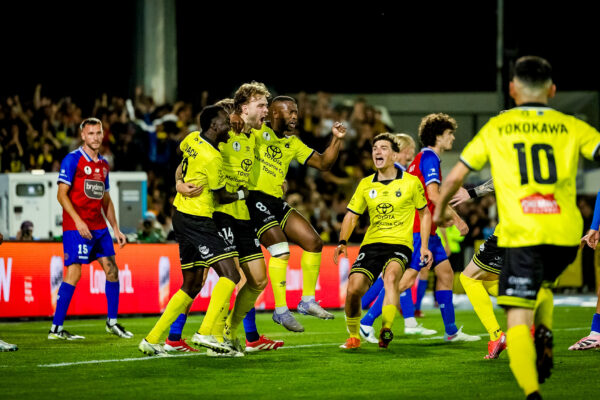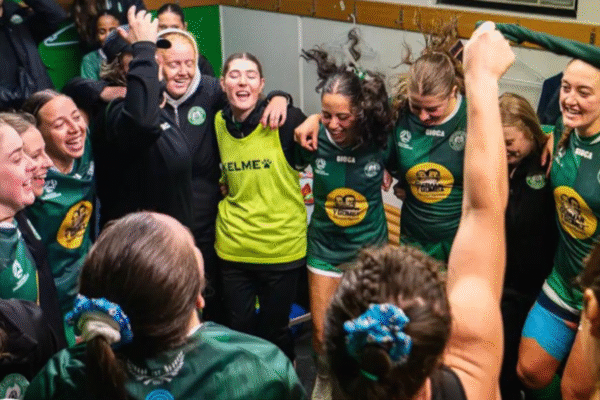
The AFC Pro Licence is still not recognised by UEFA and this issue has been an ongoing battle for many years.
Despite professional coaching badges, years of experience and on-field success, coaches are exploiting loopholes in order to acquire these roles in Europe that clubs clearly believe they are qualified for.
Many top coaches like Ange Postecoglou and Kevin Muscat have battled through many obstacles like job title changes and being unable to take training or sit on the bench for matchdays just to accept offers in Europe.
Football Coaches Australia President Gary Cole discussed the frameworks that are set in order to fix this issue whilst also communicating the many obstacles in place that are currently halting the process.
“The discussions, I’m going to say started at least 5 years ago, Glenn Warry, the inaugural FCA CEO encouraged to Football Australia voraciously to work on that,” he said.
“The truth is that UEFA clearly don’t believe that an AFC pro Licence is as good as theirs because Australian-Asian coaches go to Europe and their qualifications aren’t recognised which doesn’t make a whole bunch of sense.
“Football Coaches Australia will try to influence Football Australia to push for change, it’s very difficult to get the AFC to do so but our legal team has sent a good amount of time writing to FIFA, but they don’t recognise coaching associations.”
David Zdrilic’s story is quite fascinating with the current Sydney FC assistant coach spending around $20,000 on a qualification that was not recognised in Europe. If you factor in flights and accommodation, the outlay was closer to $30,000 as he had to return from Germany four times to complete it. The FCA worked with Zzdrillic through this interesting period where he worked for the likes of RB Leipzig and Genoa on different job titles to escape trouble. However he wasn’t the only coach to have troubles with this system in Australia recently.
“David was one of the many people that Glenn Warry helped through this process because it’s a challenge. Essentially what they’re saying is, yep you have a certificate that says you have a pro licence, but you need to prove to us that you really are a pro licence coach and that can take many forms,” Cole said.
“I think Muscat ended up, after having to sit to get around it, his club in Belgium called him a Technical Director and initially he couldn’t even sit on the bench for matchdays.
“They eventually got around that and they got to a point where his previous experience gets ratified because they sit down with him, interview him and realise this guy knows what he is talking about. They don’t give him a pro licence, but they give him a letter that says ‘you’re ok to work in Europe’.
“So many Aussie coaches go through it, Kevin [Muscat] went through it, Ange went through it, David Zdrillic didn’t have a pro licence, got a job offer in Italy and couldn’t accept it because his credentials weren’t recognised”
When asked if Australian coaches succeeding in Europe would help force the issue on this situation, Cole mentioned that there was still a lot more that had to done outside of that for it to pass.
“Success will cause change to one degree. Obviously if Ange succeeds it will say we have done something right but that’s a one off,” he said.
“When you start to add up the volume, so you’ve got Ange’s success, now Tanya Oxtoby who’s manager of Northern Ireland women’s national team but like Joe Montemurro they both got their UEFA pro licences whilst spending time abroad and that adds another string to the bow.
“Question is should we be encouraging Australian coaches to plan to go to Europe to get into the UEFA coaching course but that’s really expensive because you have to fly over and take time off work etc.
“We’d like to think no but the reality is today that it would be a better option for those who have the capacity and the willingness to work at that level.
“There are people working to try and fix that but given the organisations involved, I don’t perceive that it will be a quick fix by any means.”
It remains an extremely interesting discussion that has accelerated into a bigger issue in recent years as more Australian coaches start succeeding domestically and in Asia which leads to the bigger job opportunities in Europe that they aren’t qualified for due to this incredible rule.



